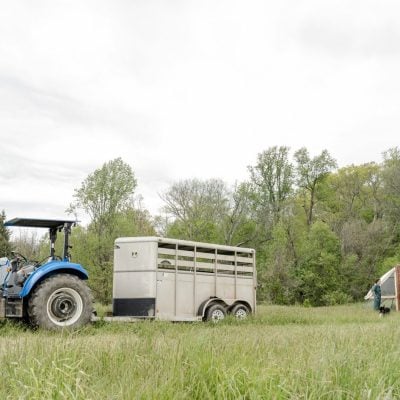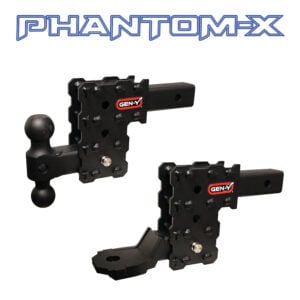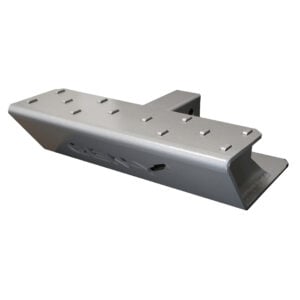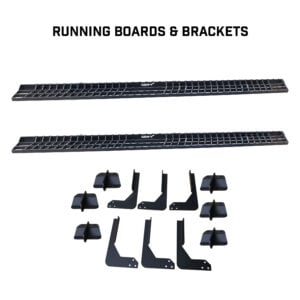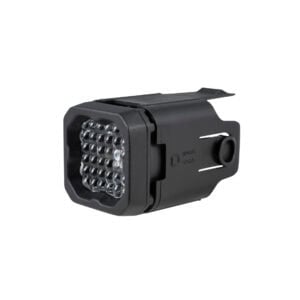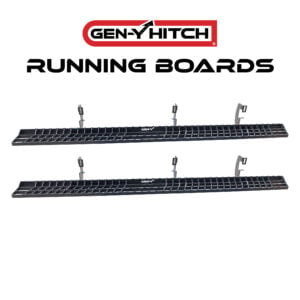Choosing the suitable hitch class for your vehicle is essential for safe and efficient towing. Hitch classes vary based on towing capacity, from lightweight options for small trailers to heavy-duty hitches for large loads. Understanding the differences between hitch classes can help match your towing needs to your vehicle’s capabilities. This guide will provide a straightforward comparison of hitch classes, ensuring you select the perfect one for your towing tasks.
Class I Hitches
Class I hitches are designed for towing up to 2,000 pounds, making them suitable for small cars and crossovers. They’re ideal for handling lightweight towing tasks such as pulling small trailers, carrying bike racks, or light cargo carriers. This class is a good choice for individuals who need to transport a couple of bicycles or a small utility trailer for occasional use, offering a simple solution for minimal towing needs without requiring a heavy-duty setup.
Class II Hitches
With a towing capacity ranging from 2,000 to 3,500 pounds, Class II hitches offer a step up and suit mid-size sedans, minivans, and small SUVs. They accommodate a broader range of towing needs, including small boats, motorcycle trailers, or small campers. These hitches offer greater flexibility and are perfect for those who need a bit more towing power for recreational activities without moving into the territory of heavy-duty towing.
Class III Hitches
Class III hitches, designed for towing 3,500 to 8,000 pounds, are the workhorses for SUVs and light trucks. These hitches are versatile enough to support larger trailers, boats, and campers, making them suitable for recreational towing and moderate hauling needs. Their balance between everyday usability and the capacity for heavier loads makes Class III hitches popular among those who frequently tow for leisure or light work purposes.
Class IV Hitches
Class IV hitches are tailored for full-size trucks and SUVs, with a towing capacity of 8,000 to 10,000 pounds. Their study build handles heavy loads, such as large trailers, horse trailers, and large campers. Class IV hitches are essential for transporting significant weight and are ideal for individuals or businesses with substantial towing requirements. They operate for work or recreational severe activities, offering robust performance and reliability.
Class V Hitches
Designed for the heaviest loads, Class V hitches cater to heavy-duty trucks with a towing capacity of over 10,000 pounds. These hitches are indispensable for towing large boats, commercial trailers, and fifth-wheel campers. They work well for commercial hauling and individuals with extensive towing needs, providing the highest capacity and stability for the most demanding applications.
Specialized Hitch Types
In addition to the standard class system, there are specialized hitches like fifth-wheel and gooseneck hitches. Fifth-wheel hitches are mounted in the bed of a pickup truck and are used primarily for towing large campers and trailers. They offer enhanced stability for heavy loads.
Gooseneck hitches, on the other hand, are similar but cater to agricultural and industrial trailers. They provide high towing capacity and a pivot point for improved maneuverability. These specialized hitches are essential for specific heavy-duty towing requirements, ensuring safety and efficiency in transportation.
Where to Buy a Hitch
Contacting Gen-Y Hitch is beneficial because they offer expert advice and a wide selection of high-quality hitches to meet specific towing needs. Their commitment to durability and customer satisfaction ensures you get a reliable hitch that perfectly fits your vehicle and towing requirements, enhancing safety and efficiency on the road.
Let Us Help!
Gen-Y Hitch exists to better the lives of our customers, dealers, vendors, employees, and the automotive industry. We will always put our customers’ needs ahead of our own. Contact us today, and let us help you!


